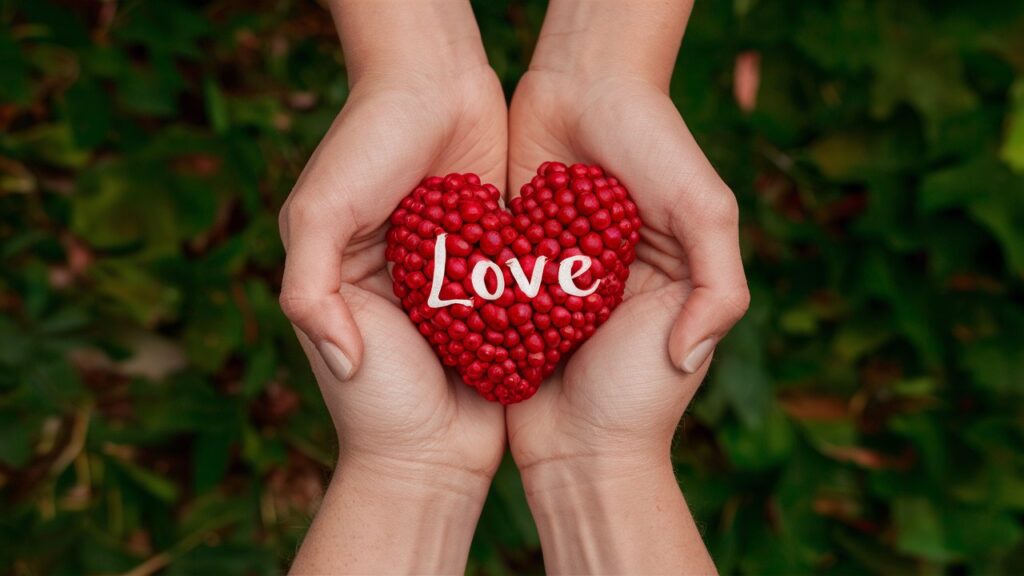Love What You Have, Before Life Teaches You to Lov – Tymoff

Introduction
In a world that moves at a lightning pace, it’s easy to overlook the things we already have in pursuit of what’s next. The phrase “love what you have, before life teaches you to lov – tymoff” serves as a powerful reminder to find contentment in the present. Tymoff’s words echo a timeless truth about the importance of gratitude—appreciating our blessings before life’s challenges reveal their real value. In this article, we’ll dive into why embracing gratitude transforms our outlook, making us more resilient, happier, and grounded.
The Power of Loving What You Have
The concept of loving what we have seems straightforward, but the reality is often more complicated. Society today often equates success with accumulation, leading us to constantly seek more—more possessions, more achievements, more experiences. However, this mindset often blinds us to the blessings we already have.
The Impact of Gratitude on Well-being
When we focus on what we lack, it can create a sense of inadequacy, stress, and even envy. But when we choose to love what we have, the entire perspective shifts. Research shows that gratitude is directly linked to increased happiness, better mental health, and even improved physical health. Practicing gratitude and appreciation for what we have can:
- Enhance Relationships – Expressing appreciation for loved ones strengthens connections.
- Improve Mental Health – Reducing negative emotions and increasing feelings of happiness.
- Boost Self-Esteem – By focusing on what we have, we cultivate a sense of worth and abundance.
By embodying the mindset “love what you have, before life teaches you to lov – tymoff,” we can break the cycle of endless desire and start appreciating life’s smaller joys.
Understanding “Love What You Have, Before Life Teaches You to Lov – Tymoff”
This quote by Tymoff is not merely a suggestion; it’s a call for introspection. The phrase encourages us to pause, reflect, and genuinely appreciate what we possess. When we overlook the present and remain focused on the future or compare ourselves to others, we are often left feeling unfulfilled. Tymoff’s insight sheds light on the need to shift focus inward.
The Deeper Meaning Behind Tymoff’s Words
When we fail to love what we have, life often intervenes to teach us how valuable those things truly are. Consider the instances when we realize the worth of good health only after falling ill, or the significance of relationships only after they’re lost. Tymoff’s phrase invites us to be proactive about gratitude, fostering contentment before we’re faced with situations that remind us of our blessings.
Practical Ways to Cultivate Appreciation in Everyday Life
Practicing gratitude requires a conscious effort. Here are some practical ways to start embracing gratitude and living by the principle, “love what you have, before life teaches you to lov – tymoff.”
- Daily Gratitude Journal
Start or end your day by jotting down three things you are grateful for. These can be as simple as a warm cup of coffee, a conversation with a friend, or the beauty of nature. Reflecting on these small blessings can have a significant impact on your outlook. - Mindful Appreciation Practice
Take a few moments each day to observe your surroundings and appreciate them. This can be as simple as feeling the warmth of sunlight, the comfort of your home, or the companionship of loved ones. - Celebrate Small Wins
Life is full of tiny victories that we often ignore. Celebrate these moments, whether it’s completing a task, helping someone in need, or learning something new. Acknowledging these can foster a deep sense of appreciation. - Gratitude Letter
Write a letter to someone who has made a difference in your life. Expressing appreciation not only strengthens relationships but also reminds you of the positive impact others have on your life. - Pause for Reflection
Throughout the day, take short breaks to reflect on the good things around you. The more you practice noticing these details, the easier it becomes to cultivate a mindset of gratitude.
By adopting these practices, we align ourselves with Tymoff’s philosophy: to recognize the beauty in what we have before life compels us to realize its worth.

Frequently Asked Questions (FAQs)
Q1: What does “love what you have, before life teaches you to lov – tymoff” mean?
This phrase is a reminder to appreciate and cherish what we have in life before circumstances show us how valuable they truly are. It suggests that if we don’t proactively embrace gratitude, we may eventually face situations that make us realize what we have taken for granted.
Q2: Why is it so hard to appreciate what we have?
Often, we focus on what we lack or what others have, which can lead to a perpetual sense of wanting more. This mindset makes it challenging to appreciate our own blessings. Practicing gratitude intentionally can help shift our focus from scarcity to abundance.
Q3: How can gratitude improve mental health?
Gratitude is linked to several mental health benefits, including reduced stress, increased happiness, and lower levels of anxiety. By focusing on the positives, we reduce negative thought patterns, which promotes better mental well-being.
Q4: What are some simple ways to practice gratitude daily?
You can practice gratitude by keeping a daily gratitude journal, taking mindful pauses to appreciate small things, and expressing appreciation to people in your life. Celebrating small achievements and reflecting on positive experiences can also be effective ways to foster gratitude.
Q5: Can practicing gratitude change your life?
Yes, practicing gratitude can profoundly impact your life. It promotes a positive outlook, improves relationships, boosts mental health, and creates a sense of fulfillment. Over time, gratitude shifts your focus from what you lack to the abundance you already have.
Conclusion
Life often teaches us the value of things when we least expect it. By adopting the mindset “love what you have, before life teaches you to lov – tymoff,” we can start embracing the present and acknowledging the gifts we already possess. Whether it’s relationships, health, or daily comforts, the blessings in our lives deserve recognition. Practicing gratitude doesn’t mean we have to settle or stop pursuing our goals, but it allows us to find peace and joy along the way. When we learn to love what we have, we cultivate a deeper sense of contentment, which enriches not only our lives but also the lives of those around us.




